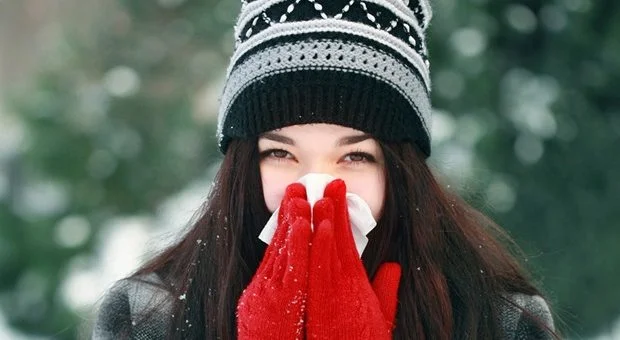People with previous history of respiratory issues such as Asthma and COPD are prone to respiratory exacerbation’s during rains. This would require treatment escalation to breathe better.
Here are some measures you can follow so that you too can enjoy the monsoon despite asthma.
DIETARY CHANGES IN MONSOON
- Use of Garlic, Turmeric, Ginger, Black pepper in food articles would get you rid of cold and wheezing.
- Consume luke warm water during monsoons. You might not feel thirsty but you have to keep yourself hydrated or else you may get tired and lethargic.
- Sweet, juicy and cooked fruits, and light, easily-digestible milk products such as paneer (a freshly-made cheese), lassi (a yogurt drink that aids digestion) and vegetable proteins such as mung dhal.
- A cup of ginger mint tea is perfect in a monsoon morning.
- Taking honey daily will help you out in wheezing.
- Mix turmeric in hot milk and take twice daily.
- When there is phlegm accumulation in the chest, inhalation of steam is good.
- Avoid cold water, ice creams and cold articles.
- Diets and fruits containing vitamin C and E are taken to build up the immunity
- Good balanced diet should be taken.
- Take 1 betel leaf and 5 – 6 basil leaves (Tulasi) boil it in half glass of water for 5 min. Strain the water and drink it twice.
- Chewing basil leaves (Tulasi) daily will also help to get rid of Wheezing, Asthma and other respiratory problems.
- Consume wheat, Old rice, green gram, Horse gram, barley, snake gourd etc. to keep your vata and kapha under control.
- Stay away from heavy oily foods and fried foods. Vegetables from the nightshade family (potatoes, tomatoes, eggplant, and sweet peppers) should also be avoided.
LIFESTYLE CHANGES IN MONSOON
- Respiratory exercises – Deep inhalations and exhalations which can increase your lung tidal capacities can add onto the
- Pranayama and Yoga can contribute to keep a check on the respiratory issues.
- Keep the doors of your kitchen, wash area and bathrooms closed to reduce the circulation of moisture in the atmosphere.
- Make sure that all the rooms have proper cross ventilation and are exposed to sunlight even if it is for some time.
- During the monsoons your exposure to dander or animal fur also manifolds as pets tend to stay indoors more in order to avoid getting wet. This triggers asthma in children more. Try to restrict your pet’s movement in the house to a particular area only.
- Ayurvedic fumigation is an example of drug delivery through the inhalation route having several advantages especially during monsoon. Fumigation can be done with fragrant resins of guggul, leaves of neem.
- Exposure to Smoke, Dust and fumes, Pollutants and Pollens are to be avoided.
- Personal hygiene is paramount in this season. Don’t forget to wash your hands and legs every time you step outside and get back.
The respiratory issues that are chronic can be controlled by undergoing seasonal detox. As Ayurveda focuses more on prevention rather than cure these easy measures along with a detoxification helps you fix the seasonal respiratory exacerbation’s.

